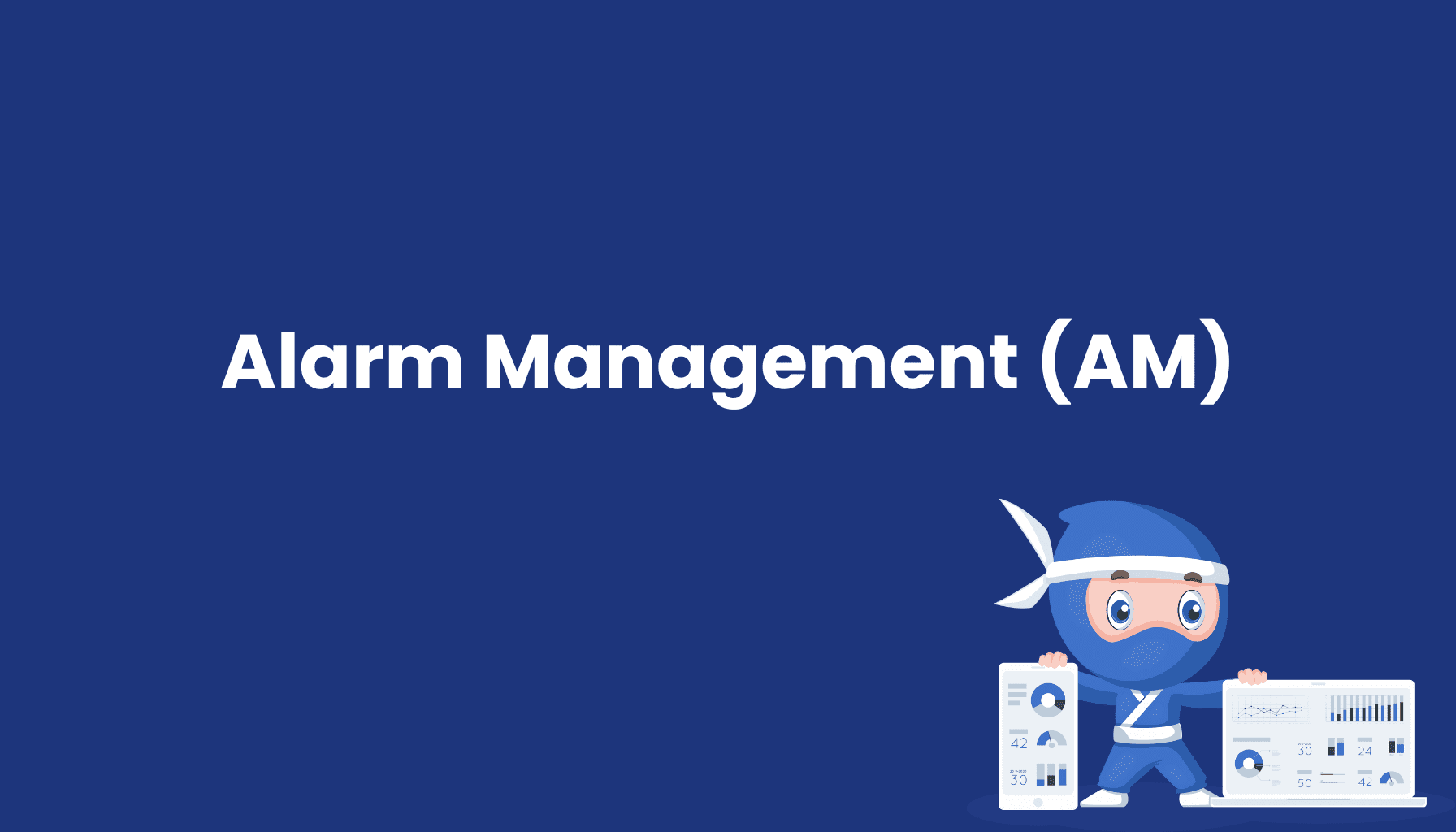Alarm Management (AM)

What is Alarm Management?
Alarm Management refers to the design, implementation, and maintenance of alarm systems in industrial facilities to enhance safety and operational efficiency. These systems are critical in monitoring operational processes by identifying and signaling potential hazards, disruptions, or deviations.
Objectives of Alarm Management
The primary goal of Alarm Management is to minimize operational disruptions, ensure swift responses to potential hazards, and improve the safety of facilities and workers. Effective Alarm Management reduces the number of false alarms by utilizing alarm prioritization, grouping, and escalation strategies to distinguish critical alarms from less critical ones. This ensures that the right actions are taken at the right time.
Benefits of Alarm Management
- Increased Safety: Clear differentiation of alarms enables faster identification and resolution of critical situations.
- Minimized Operational Disruptions: Alarm Management helps reduce unexpected operational disruptions, increasing efficiency and reducing downtime.
- Efficient Responses: Escalation strategies filter out less critical alarms while prioritizing critical ones to trigger appropriate actions.
Alarm Management in Industry
Alarm Management is an essential component of modern process control systems. In industrial manufacturing, it not only supports safety but also contributes to optimizing Overall Equipment Effectiveness (OEE). By preventing failures and improving operational processes, Alarm Management enhances the availability and performance of equipment.





